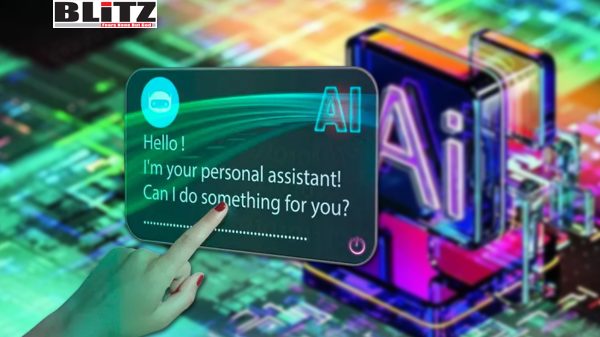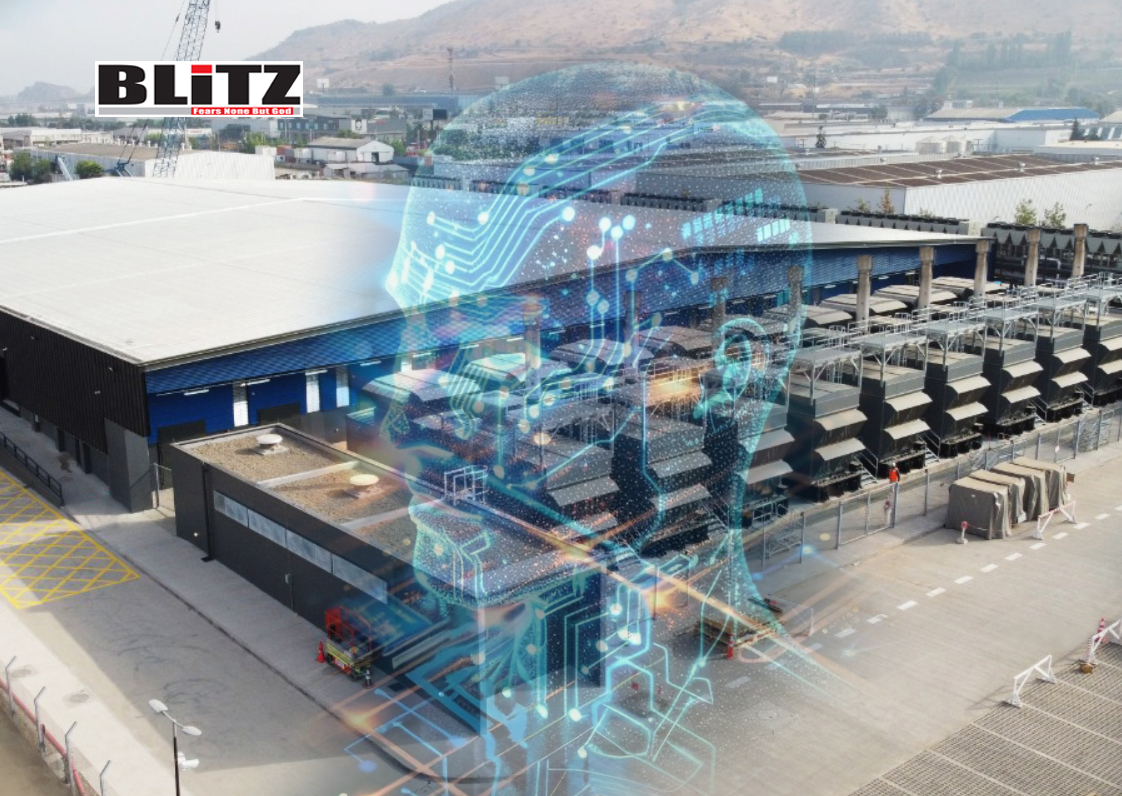Artificial Intelligence may soon play supervisory roles
- Update Time : Monday, September 18, 2023

Is it possible for artificial intelligence (AI) to become your boss? Researchers from Kühne Logistics University in Germany suggest that AI-supported leadership may soon become a reality.
The COVID-19 pandemic has underscored the importance of digital technologies in effective leadership. Tools like Microsoft Teams and Zoom have played a crucial role, indicating that the digital transformation of leadership is well underway.
This concept doesn’t involve replacing human leadership entirely but rather harnessing AI’s advantages to assist in leadership roles, from strategic decision-making to analyzing employee behavior. However, researchers believe there’s an even more advanced phase on the horizon: AI not merely assisting but substituting human leadership.
Many skeptics argue that true leadership requires a human touch, raising questions about how AI can motivate employees or foster enthusiasm for a company’s objectives. The response to these concerns is straightforward: we should let go of any “romantic notions” about leadership, as there’s a real possibility that AI could outperform average human leaders.
So, how could AI fit into such a role?
The AI leader of the future is unlikely to be a simple chatbot. Instead, picture an advanced system equipped with natural speech, similar to Siri or Alexa, and possibly appearing as a human-like avatar through VR technology.
For AI to be effective as a leader, it must cater to the three core psychological needs of employees: belonging, mastery, and autonomy. While exceptional human leaders address these needs, the reality is that exceptional human leaders are rare. Many face challenges such as stress, inattentiveness, or a lack of empathy. AI, with its ability to track and analyze vast amounts of data, could potentially address these needs more effectively.
Humans and machines are already collaborating seamlessly in areas like online therapy, where some individuals find it easier to confide in a machine. Certain programs communicate so authentically that they are almost indistinguishable from humans. Why shouldn’t such synergy be replicated in leadership?
This doesn’t mean that the idea of AI leadership doesn’t raise concerns. Open discussions are necessary to address its implications. How will this change human leadership roles? What adjustments are needed in leadership training, especially concerning the ethical dimensions of human-machine interactions?
In the foreseeable future, human leaders will likely still be required, but their roles might shift to overseeing AI systems that lead other humans. These human leaders will set the guidelines for AI behavior. Given the rapid advancement of AI technology, it’s crucial to establish these guidelines sooner rather than later.


















